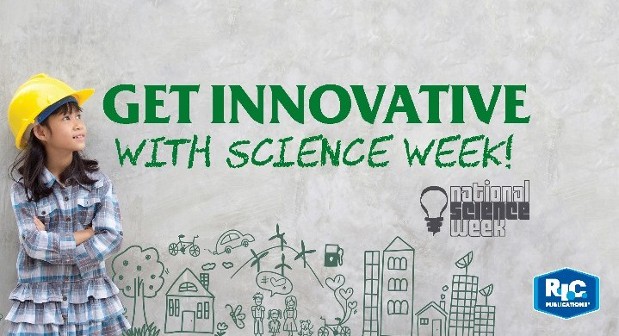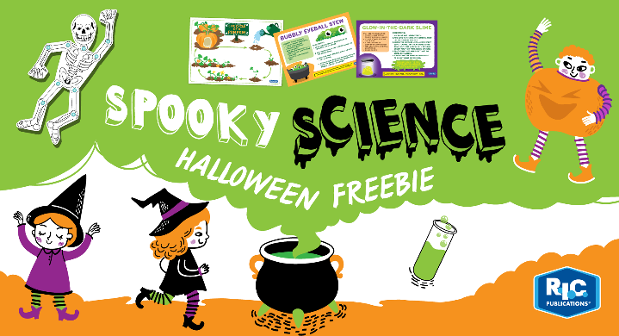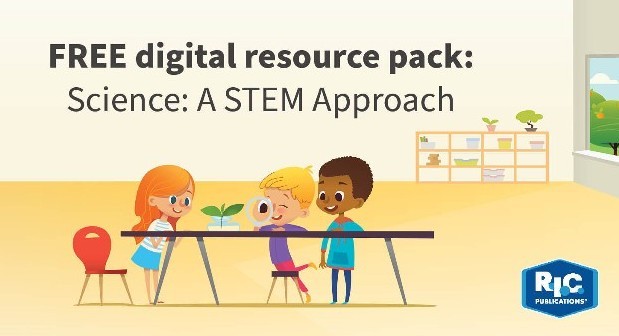- Monday 30 July 2018
- 0 Comments
Did you know that Thomas Crapper mass produced the flushing toilet in the 1880s (and conveniently provided us with a slang term for the toilet)? Or that Pokémon was created in 1995 by autistic Japanese game designer Satoshi Tajiri?
It's National Science Week from 11–19 August, and all 'game changers and change makers' in the fields of science, technology, engineering, mathematics, design and innovation are being celebrated for their contribution to society.
The theme also incorporates the International Year of the Reef, as well as the 200th anniversary of the publication of Frankenstein by Mary Shelley and the 40th birthday of the world's first artificially conceived baby, both equally considered works of science fiction in their day. Today, genetic engineering is common practice and Frankenstein could really exist with surgeries such as face, arm and even head transplants making the news headlines.
Such remarkable advances in science and medicine are sure to fascinate your students and engage them in a science or STEM lesson while reinforcing the importance of this innovative subject area for real-life purposes and the power to change lives for the better.
One of your students could be the next big game changer or change maker!
A resource book of learning experiences is provided by the Australian Science Teachers Association here.
A time line of major innovations and discoveries is also provided, which can be used as provocations for a variety of learning areas such as:
- 1600 – Galileo Galilei observes moons through a telescope and proves that Earth goes around the sun (Year 3/Year 5 Earth and space sciences)
- 1735 – Car Linneaus works out a way to group and name all living things (Year 3 Biological sciences)
- 1800 – Alessandro Volta invents the electrical battery (Year 6 Physical sciences)
- 1810 – Nicholas Appert discovers how to preserve food (F–6 Design and technologies knowledge and understanding)
There is also the opportunity to incorporate literacy and/or history through researching and writing biographies about significant game changers and change makers throughout time.
Have fun with it, and provide your students with authentic learning opportunities to inspire them while exposing them to innovative thinking and influential thinkers.


